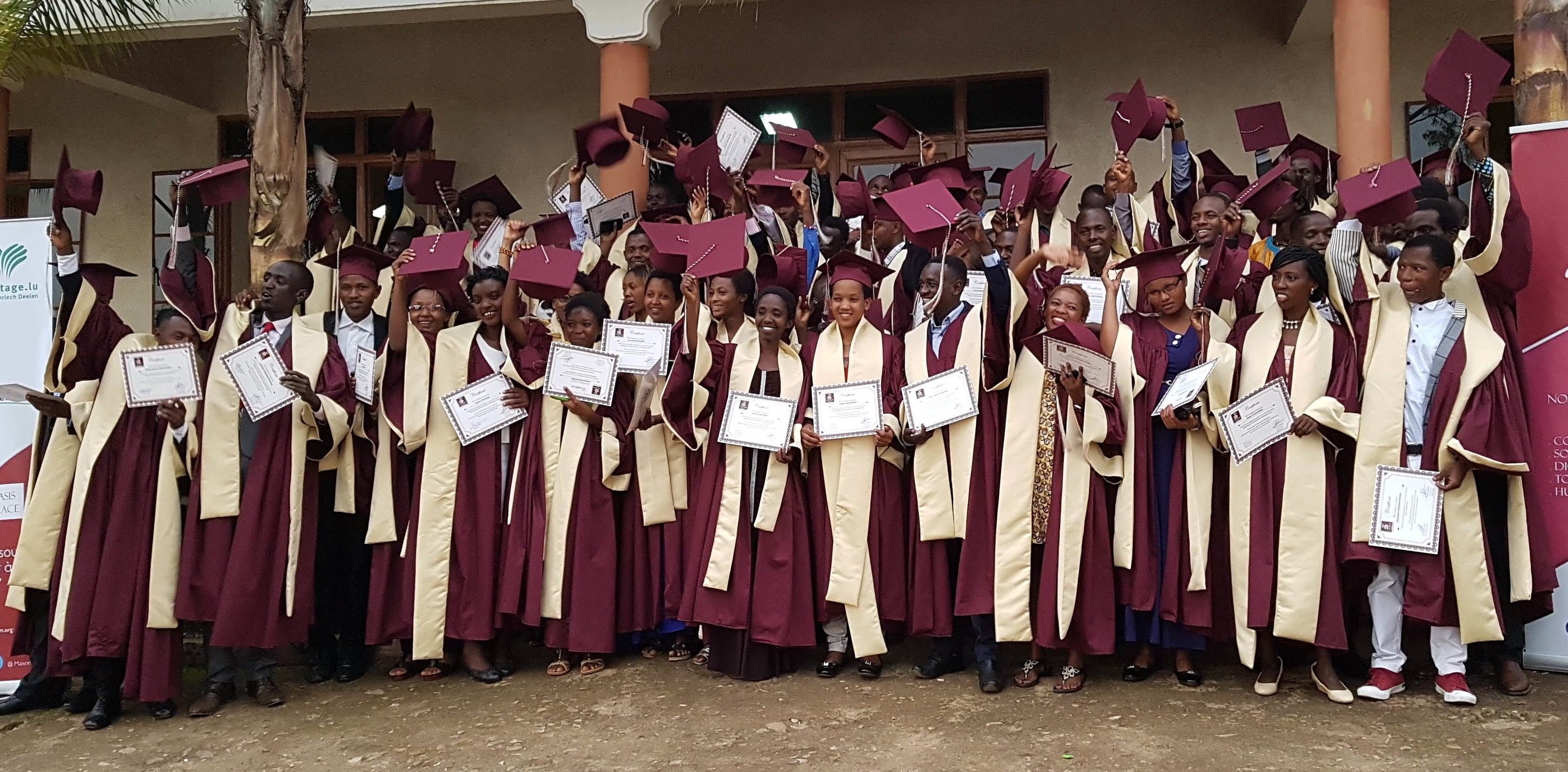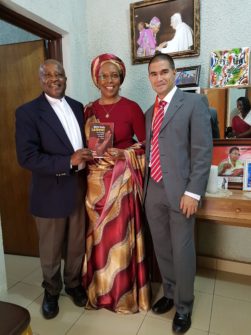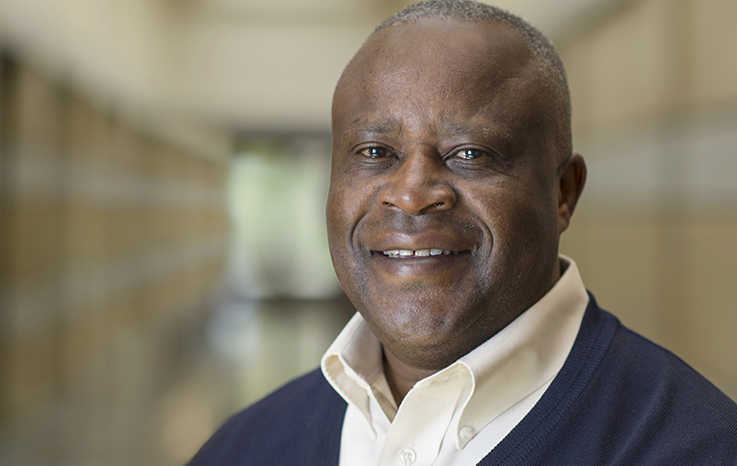
It was a bright and beautiful Saturday afternoon on a hilltop overlooking Kigali. There, on the site of a former hotel, Maggy Barankitse, who was forced into exile from her country of Burundi when she criticized the president for seeking to change the constitution so as to extend his stay in power, had established a community center—Oasis of Peace—to work with Burundian refugees. It was the graduation ceremony for the first class of refugees, who had been attending training in various vocational skills (culinary services, embroidery, painting, tailoring, and car mechanics). As the graduates and invited guests gathered for the procession into the hall, loud speakers hanging from the trees filled the air with the lively discotheque music of “maison shalom…nyumba ya mahoro…orakarange” (long live maison shalom, house of peace). Inside the hall, 74 young men and women graduates came up one by one to the stage as their names were called to get their diplomas. You would not have been able to tell, from the graduation gowns, the sense of dignity and confidence in their gait, and the radiance on their faces that all 74 are refugees, who, less than a year ago, were living in refugee camps, full of fear and bitterness from the painful memories of the loss of everything as they were driven from their homes. This is where Maggy, herself driven from her home in Ruyigi, found them and enrolled them in the various courses.
In her speech to the graduates Maggy spoke of her journey from the tears and darkness of exile to her determination not to allow hatred to make her “lose the tenderness,” but to live with the dignity of knowing that she is a child of God. “Love is our true identity,” she told the group. Reminding the graduates that “hatred will never have the last word” she urged them to always “work hard to change violence into peace” while inviting them to “celebrate today the victory of love over hatred.”
And a beautiful celebration it indeed was. The diploma service was followed by a sumptuous candlelight dinner in the beautiful gardens of Oasis of Peace—dinner for all the graduates and their invited guests, with plenty of good food, a live band, and at a certain point in the evening, Maggy dancing with her graduates. Throughout the evening my mind kept returning to a line of Psalm 23, “a banquet he prepares for me in the presence of my enemies” and to the image of rich food and choicest wine in the banquet God has prepared for all peoples according to Isaiah (Is 25:6). As if the image of “best of meats and finest wines” is not enough to evoke the sense of “excess” and being “out of place,” one is reminded that Isaiah is offering this prophecy to people who are facing difficult times and the threat of exile. In fact, just a few verses earlier, the prophet had predicted impending destruction in vivid images: foundations of the earth shaking (24:18); the earth mourning and fading, both heaven and the earth languishing (24:4); the inhabitants of the earth turning pale (24:6). It is in the midst of this terrible devastation where “all joy has disappeared, and all cheer has left the land” (24: 11) that the prophet now promises, “On this mountain the LORD Almighty will prepare a feast of rich food for all peoples, a banquet of aged wine—the best of meats and the finest of wines” (Is 25:6). Something is not right. Shouldn’t the banquet wait until after restoration, after the return from exile, after reconstruction, and after total reconciliation? But there it is. Not just a meal, but a banquet with the “best of meats and finest wines!” It is a similarly odd logic that I was witnessing on that beautiful Saturday in January. For right there in the midst of exile and displacement out of Burundi’s violence, an “oasis of peace” at a time of desolation, joy in the midst of loss and hatred, a banquet of good food, wine, music, and dance—a celebration of the victory of love over hatred.
What kind of victory is this? How does one account for its odd logic, and for individuals like Maggy who refuse to surrender to violence and hatred but are determined to not allow hatred to make them “lose the tenderness?” Maggy, who is not satisfied with giving refugees just some rationed food to keep them going and tents to sleep in within the refugee camps (that itself would be admirable), but invites them out of the refugee camps up on “this mountain” to give them diplomas, graduation gowns, rich food, music, dancing, joy, dignity, and possibilities right here in exile!

I knew Maggy’s story and had visited her Maison Shalom center in Ruyigi, Burundi a number of times. She had survived genocide in 1993 and out of that terrible tragedy had discovered not only her “true identity” (as she calls it) but also a mission—to invite others into the gift of love and to live out the social, practical implications of the identity of being God’s children (see Katongole, The Sacrifice of Africa, 2001). When Nkurunziza’s government shut down Maggy’s Maison Shalom, confiscated the bank accounts, and forced Maggy into exile, Maggy responded to those who feared she had lost everything, “No, I did not lose everything, I fled with my treasure–love, and love makes us inventors.”
I had traveled to Kigali to find out if that was indeed the case and to try to understand what the ‘invention’ of love looks like in the midst of displacement and exile. In various conversations and interviews it became clear that at the heart of the logic of Maggy’s “out of place” love are two apparently contradictory notions: its “simplicity” and its “excess.” As one journalist who has followed Maggy and is working on a documentary on her explained to me: “What drives Maggy is a simple message (God’s love) that… keeps being played out in endless and rich practical manifestations of courage, beauty, compassion, and service to the least of these.”

